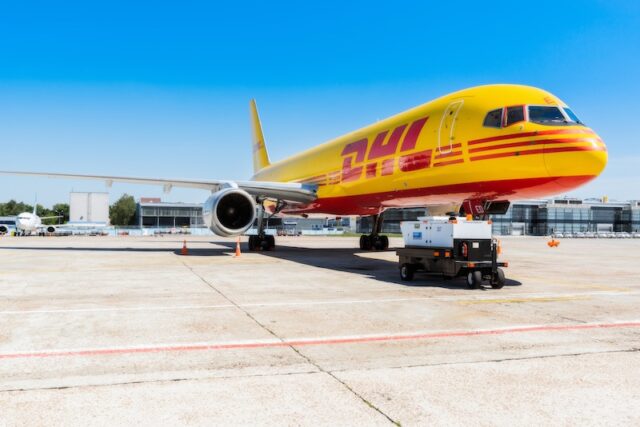Supply chain leaders around the world are increasingly looking to nearshoring as a viable strategy to increase resilience. This trend it emerging in the face of a particularly disruptive logistics landscape and rising demand, especially from the e-commerce and manufacturing sectors. Highly globalised sourcing and logistics networks are moving closer to home.
In the US, a 2023 report found that companies are aiming to reduce exposure to the Chinese economy by 40%. Chinese exports to the US dropped by 20% last year, compared with 2022.
As US companies aim to reduce their dependence on Chinese supply chains, Mexico is rapidly emerging as a new potential hub of the global supply chain. By comparison with China, the US imported more goods and services from Mexico than any other market in 2023, displacing China as its top supplier, according to data collected by the US Census Bureau. Mexican exports totalled $475.606 billion in 2023, a 4.6% increase over 2022.
Overseas investment “surges” in Mexican logistics
Investment in Mexico increased dramatically during the first three months of 2024. More US companies are reportedly looking to establish supply chain and manufacturing hubs south of the border.
“Mexico has become the greatest attraction in the world for investments,” Mexican Secretary of Economy Raquel Buenrostro said, addressing the country’s Business Coordinating Council. “[Nearshoring] is here to stay and that is not going away,” Buenrostro said. “We have to see how we integrate and how we take advantage of these opportunities at this moment.”
Last year, DHL invested a $120 million lump sum to expand its domestic air hub in Santiago de Queretaro, Mexico, by 30,000m². In November, the logistics giant opened a second logistics centre in Ciénega de Flores, Nuevo León, as part of a $500 million euro investment for Latin America as a whole.
However, some critics have highlighted the challenges of nearshoring logistics and manufacturing to Mexico. Jose Cobos, Global Sales Director at freight forwarder Nowports, criticised the country’s infrastructure, as well as highlighting the fact that the logistics networks behind the transport of locally manufactured goods are struggling.
“We are seeing a lot of bottlenecks, especially in ports, for example, because our infrastructure is not prepared to handle such volumes,” Cobos told Investment Monitor. “So one of the things that the government has to do is develop the infrastructure – not just ports, but roads as well.”
- Collaboration & Optimization
- Sourcing & Procurement










